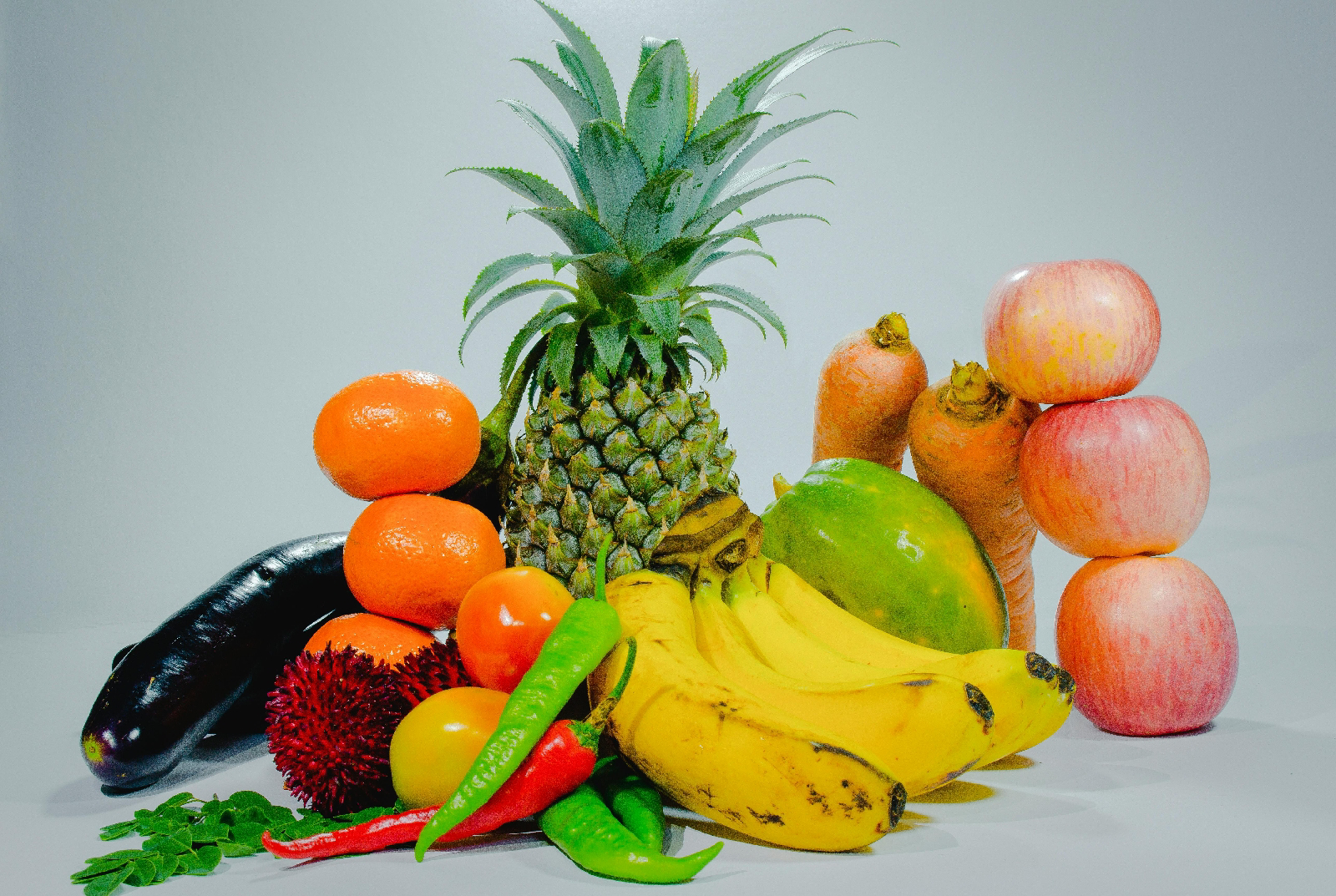If there's one thing we could all benefit from a little more of, it would be eating a wide variety of nutritious foods, including fruit, vegetables, nuts, seeds, and lean protein which can help support your overall health. Many foods are both healthy and tasty. By filling your plate with fruits, vegetables, quality protein sources, and other whole foods, you’ll have meals that are colorful, versatile, and good for you.
But then again, with such an abundance of information one could only know a little about what’s healthy to eat. Hence on this article, we going to focus on healthy experts recommended incorporating into your diet to maintain good health. Below are some top choices…
1. Fish—Fish and other seafood can be healthy and nutritious because they’re rich in omega-3 fatty acids and iodine. Eating seafood can help you reduce the risk of diseases like stroke, heart disease and cancer. However, bear in mind that eating too much fish can be very harmful to your health especially if we’re looking at how tiny fish bones really are.
There are many varieties of seafood, not just fish, which you can add to your daily meal such as lobster, crab as well as octopus. Nonetheless next time, when you go shopping for your food groceries, adding some seafood like salmon to your groceries list might be troublesome to your budget, but it’ll be worth it.
2. Kale—Kale is high in fiber, vitamins C and K, and other nutrients. It adds a satisfying crunch to salads as well as other dishes and you can also add it to stir fries or bake in the oven to make crunchy kale chips.
It’s a green leafy veggie that I also love chopped in salad or cooked with onion and garlic. Otherwise, Kale is nutrient dense, has lots of antioxidants and can help lower cholesterol.
3. Apple—An apple a day may in fact keep your cardiologist away. Evidence has shown that frequent apple consumption may reduce total cholesterol, which can help reduce your risk of heart disease. Apples contain fiber, vitamin C, and numerous antioxidants. They are very filling and can make the perfect snack if you’re hungry between meals.
4. Quinoa—Quinoa is a tasty grain that’s high in nutrients such as fiber and magnesium. It is also an excellent source of plant-based protein. Quinoa is one such grain you can cook in savory or sweet dishes. Like I’ve said, it is high in fiber and protein and has a low glycemic index compared to some other carbs.
5. Broccoli—Broccoli is a cruciferous vegetable that tastes great both raw and cooked. It’s an excellent source of fiber, vitamins C and K and contains a decent amount of protein compared with other vegetables. Cruciferous vegetables are rich in nutrients including glucosinolates, which are key in detoxification processes.
These are best served raw or quick-steamed and instead of broccoli you can also go for cauliflower which is a very versatile cruciferous vegetable. You can add it to curries, roast it with olive oil, or use it raw in salads or for dipping.
6. Legumes—Legumes such as chickpeas (garbanzo beans) are a great healthy snack element that can actually provide a lot of flavor depending on how you prepare them. They are a great plantbased source of protein, iron, and fiber. Be aware though, legumes can sometimes interfere with digestion and nutrient absorption, but soaking and properly preparing them can reduce this risk.
7. Strawberries—Strawberries are highly nutritious and low in both carbs and calories. They provide vitamin C, fiber, and manganese and make a delicious dessert. Just one cup of halved strawberries serving contains about 80 calories and up to 9 grams of fiber, a combo that helps you enjoy maximum flavor and fullness for a minimal number of calories.
8. Avocado—avocado is a unique fruit (yep, it's a fruit!) because of its low sugar content. It also provides heart-healthy fatty acids and magnesium, a key mineral linked to neurological and muscular function.
You know all about avocado toast, but have you tried adding avocado to your smoothies? They are not only creamy and tasty but also high in fiber, potassium, and vitamin C. Swap mayonnaise for avocado as a salad dressing, or spread it on toast for breakfast and believe me you won’t be wrong.
9. Almonds—almonds are a popular nut that contain vitamin E, antioxidants, magnesium, and fiber. A recent study has found that almonds may contribute to weight loss, support the gut microbiota, improve thinking, manage heart rate when a person is under stress, and prevent skin aging. Otherwise, I recommend eating just a handful of almond a day.
10. Dark chocolate—Dark chocolate contains antioxidants known as flavonoids that may help manage cholesterol and reduce the risk of heart disease. However, the amount of chocolate that is usually healthy to eat is not enough to provide significant benefits. Thus I recommend eating chocolate but in moderation for it could cause problems especially when taken for enjoyment.


Comments
Post a Comment